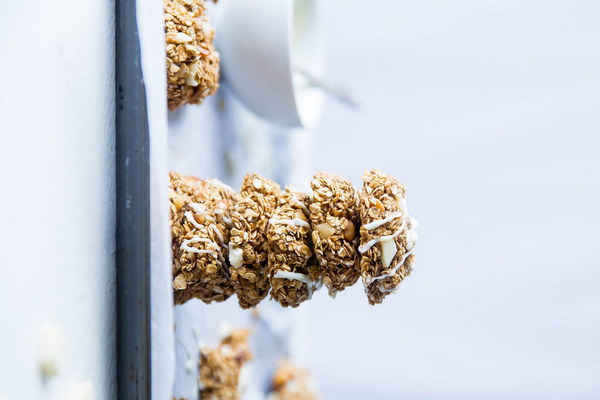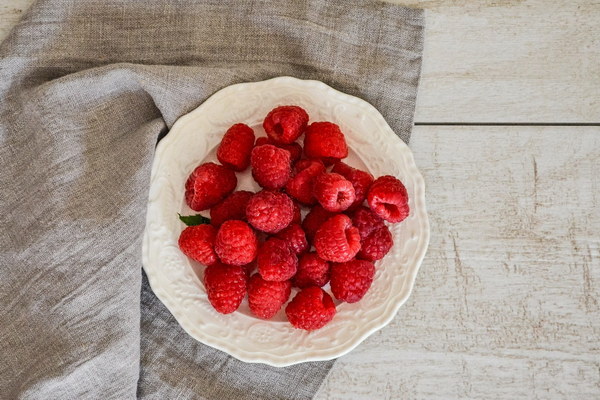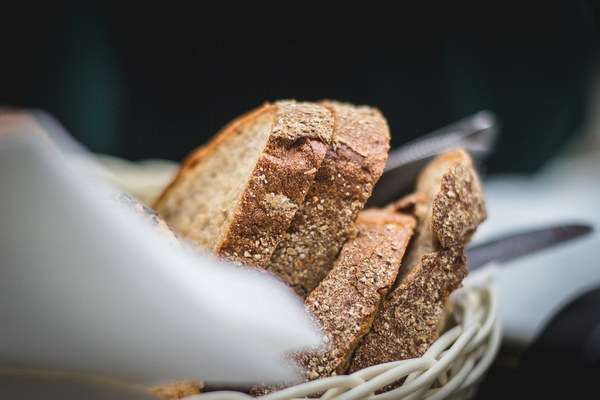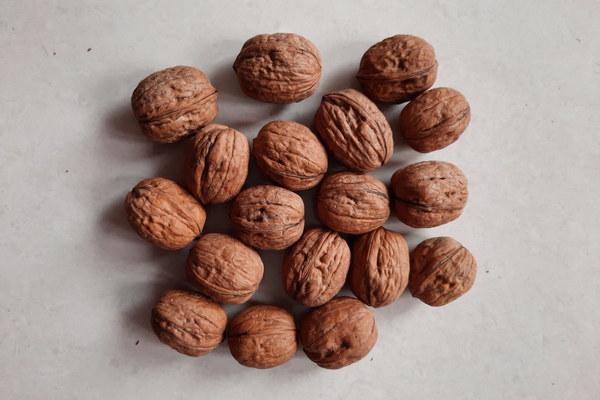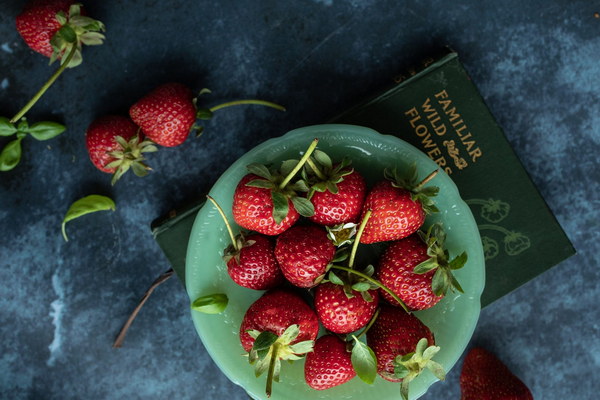Does Eating Job's Tears Help Excrete Dampness Unveiling the Benefits of Coix Seed in Traditional Chinese Medicine
In the realm of traditional Chinese medicine (TCM), the concept of dampness is considered a common cause of various health issues, including fatigue, weight gain, and even some skin conditions. One of the most popular remedies for alleviating dampness is the consumption of job's tears, or coix seed. But does eating job's tears really help excrete dampness? Let's delve into the world of TCM and uncover the truth behind this age-old remedy.
What is dampness?
According to TCM, dampness is an excess of fluid in the body that can lead to a variety of health problems. This fluid can accumulate in different parts of the body, causing symptoms such as bloating, weight gain, fatigue, and even damp-heat-related skin issues. TCM practitioners believe that removing dampness from the body is essential for maintaining good health.
What is coix seed?
Coix seed, also known as job's tears or coix lacryma-jobi, is a small, round grain that grows in warm, damp climates. It has been used in TCM for centuries to treat dampness-related conditions. Coix seed is believed to have a sweet and cold nature, which helps to clear dampness and invigorate the spleen and stomach.
Does eating coix seed help excrete dampness?
Yes, eating coix seed is believed to help excrete dampness in the body. Here's how it works:
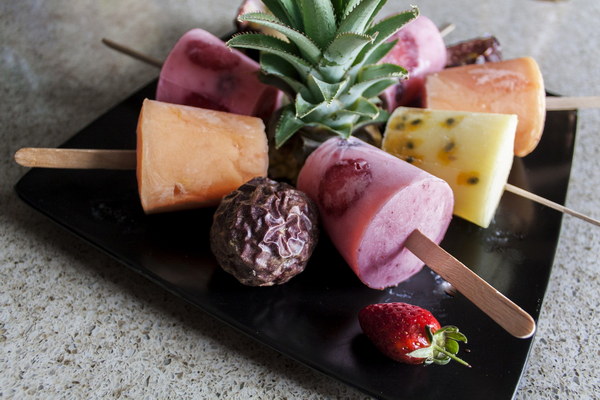
1. Diuretic properties: Coix seed has diuretic properties, which means it can help increase urine output and eliminate excess fluid from the body. This can help reduce bloating, weight gain, and other symptoms associated with dampness.
2. Spleen and stomach invigoration: TCM practitioners believe that coix seed helps invigorate the spleen and stomach, which are responsible for transforming and transporting fluids in the body. By improving the function of these organs, coix seed can help prevent dampness from accumulating.
3. Anti-inflammatory and antioxidant effects: Coix seed contains antioxidants and anti-inflammatory compounds that can help reduce inflammation and protect against free radical damage. This can be beneficial for those with damp-heat-related skin issues.
4. Immune system support: Coix seed is also thought to have immune-enhancing properties, which can help strengthen the body's defense against various illnesses.
How to consume coix seed
There are several ways to incorporate coix seed into your diet:
1. Coix seed tea: Boil coix seed in water for several hours until it becomes soft. Strain the mixture and drink it as a tea.
2. Coix seed porridge: Combine coix seed with rice or another grain to make a nourishing porridge.
3. Coix seed soup: Add coix seed to your favorite soups or stews for added health benefits.
4. Coix seed powder: Purchase coix seed powder and mix it with water or your favorite beverage.
While coix seed is generally safe for most people, it's essential to consult with a healthcare professional or TCM practitioner before starting any new treatment. Some individuals may experience side effects, such as gastrointestinal discomfort, especially if they consume large amounts of coix seed.
In conclusion, eating coix seed is believed to help excrete dampness in the body, making it a popular remedy in traditional Chinese medicine. By incorporating coix seed into your diet, you may experience relief from symptoms related to dampness and enjoy a healthier, more balanced life.


